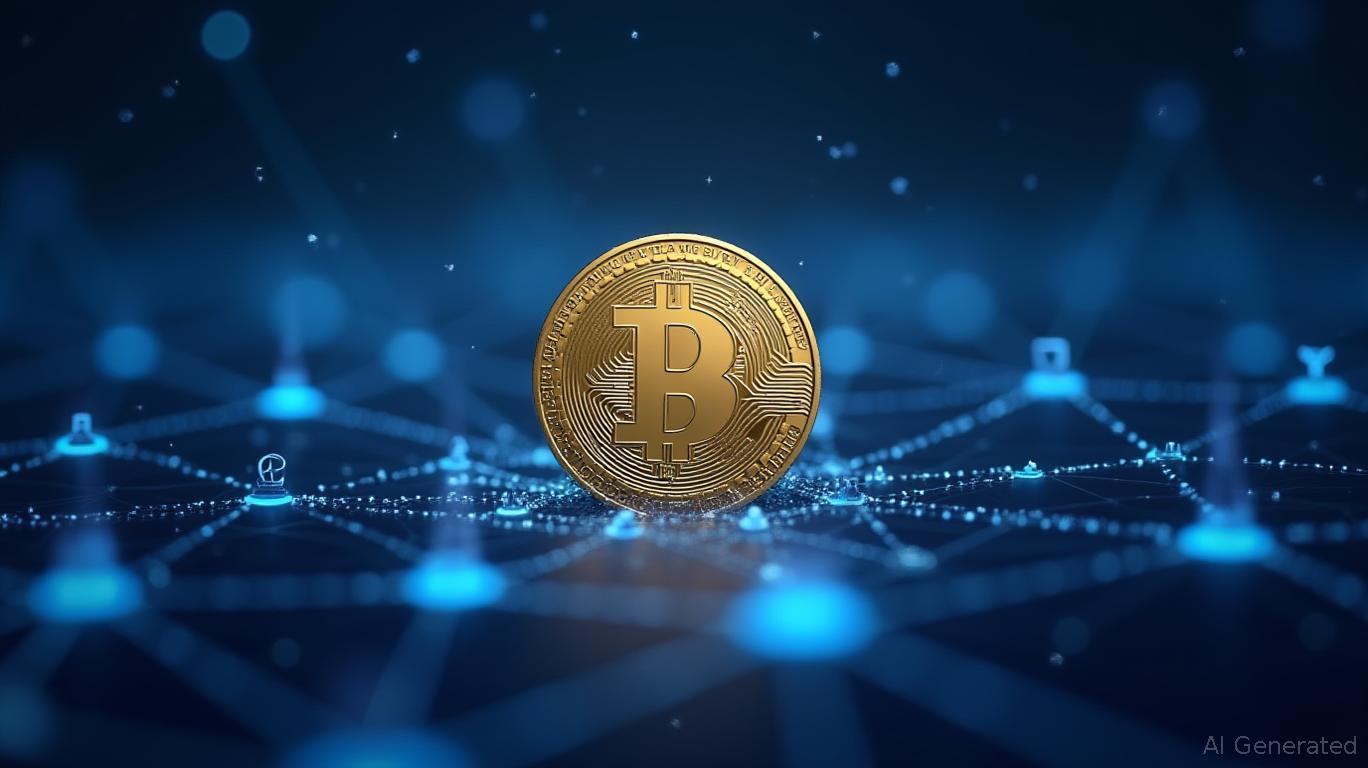PayPal's PYUSD Emerges as a Global Stablecoin Through Multi-Chain Integration
- PayPal expands PYUSD to 13 blockchains via LayerZero, enabling cross-chain transfers with PYUSD0. - New networks include Tron, Avalanche, and Stellar, enhancing PYUSD's accessibility and DeFi integration. - PYUSD's supply reached $1.3B by September 2025, but ranks 11th in stablecoin market cap. - Stellar integration targets low-fee transactions, while the GENIUS Act provides regulatory clarity for growth. - PayPal aims to solidify PYUSD's role in payments and DeFi by reducing cross-chain friction and ens

PayPal’s
LayerZero’s Hydra Stargate technology powers this integration, enabling PYUSD0 to be minted, burned, and used across multiple blockchains without needing centralized services. Users can now move their tokens freely between supported networks and retain direct control over their assets.
Since its debut in August 2023, the supply of PYUSD has risen sharply, hitting $1.3 billion by September 2025—over twice its $520 million valuation at the start of the year. This surge points to growing interest in dollar-backed stablecoins for cross-chain and DeFi uses. Even with its growth, PYUSD stands as the 11th largest stablecoin by market cap, still behind major players like
PYUSD’s integration with Stellar, announced separately, emphasizes its commitment to fast and affordable transactions. Stellar’s five-second settlement speed and low costs make it especially attractive to users in emerging markets who want to use U.S. dollars. Through its partnership with Paxos—a regulated blockchain company—PayPal upholds regulatory compliance as it expands PYUSD’s capabilities. Industry analysts observe that this expansion is part of a larger movement in fintech, where established players are embracing blockchain interoperability to remain relevant in decentralized finance. By extending PYUSD to various blockchain platforms, PayPal is strengthening its position in both payments and DeFi, allowing users more freedom to transfer value without intermediaries title4 [ 4 ].
This development reflects PayPal’s ambition to establish PYUSD as a global stablecoin. By facilitating cross-chain transactions and broadening DeFi access, PayPal aims to address current financial system limitations. However, it still faces challenges from larger rivals and evolving regulations. The recent passage of the GENIUS Act in July 2025, which introduced comprehensive U.S. stablecoin rules, sets a regulatory foundation for PYUSD’s continued expansion while ensuring compliance with anti-money laundering policies. As the stablecoin sector evolves, PayPal’s success will depend on its ability to innovate while staying within regulatory boundaries title5 [ 5 ].
Disclaimer: The content of this article solely reflects the author's opinion and does not represent the platform in any capacity. This article is not intended to serve as a reference for making investment decisions.
You may also like
Bitget donates HK$12 million to support fire rescue and reconstruction efforts in Tai Po, Hong Kong
Bitget Spot Margin Announcement on Suspension of ELX/USDT Margin Trading Services
Enjoy perks for new grid traders and receive dual rewards totaling 150 USDT
Bitget Spot Margin Announcement on Suspension of BEAM/USDT, ZEREBRO/USDT, AVAIL/USDT, HIPPO/USDT, ORBS/USDT Margin Trading Services